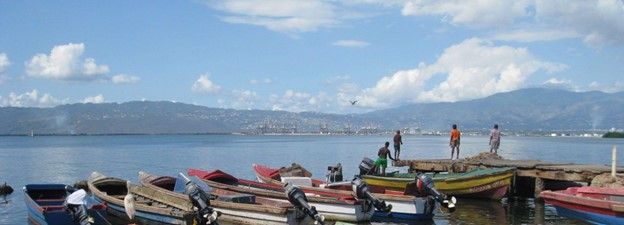With exclusive economic zones usually being several times the size of individual landmasses, significant economic growth opportunities exist within the Wider Caribbean Region (WCR) [1]. More than 134 million people living on or near the coast across countries of the WCR benefit from the ocean economy and are heavily dependent on the ocean for socio-economic prosperity and human well-being. The annual economic value of the ocean to the WCR is estimated conservatively as US$407 billion, projected to nearly double by 2050. Sectors like tourism, fisheries and shipping which are core pillars of most countries’ economies, generate employment and annual revenues of US$90.5 billion between 2004 and 2013, accounting for approximately 18 percent of GDPs of countries in the Caribbean Large Marine Ecosystem (CLME).
However, human activity including land-based pollution generated by municipal, industrial and agricultural wastes and run-off, increased urbanization and coastal development as economies expand and over-exploitation of resources such as fish, pose a considerable threat to the marine environment, human health and economies. Approximately 79 million tons of solid waste (including 1.3 million tons of plastics) were introduced to coastal waters of the wider Caribbean region in 2015. Impacts of this pollution include creating favourable conditions for harmful algal blooms, low oxygen zones and mass mortality of marine fauna, exposing humans to highly toxic pollutants such as mercury and millions of cases yearly of gastrointestinal and respiratory diseases linked to polluted coastal waters, contributing to billions in economic losses each year.
Men and women feel these impacts differently, often with a disproportionate burden being placed on women and despite their active and essential participation in coastal economies, they are often systemically excluded from decision-making and overlooked in research and policy.
These impacts compromise progress on the SDGs. Therefore, to ensure the sustainable development of the region, strengthening efforts to remedy monitoring and knowledge gaps in mitigating land and marine stressors on the marine environment such as investment in ocean science and gender mainstreaming in policy, are essential.
[1] The Wider Caribbean Region (WCR) comprises the insular and coastal States and Territories with coasts on the Caribbean Sea and Gulf of Mexico, as well as waters of the Atlantic Ocean adjacent to these States and Territories and includes 28 island and continental countries.

